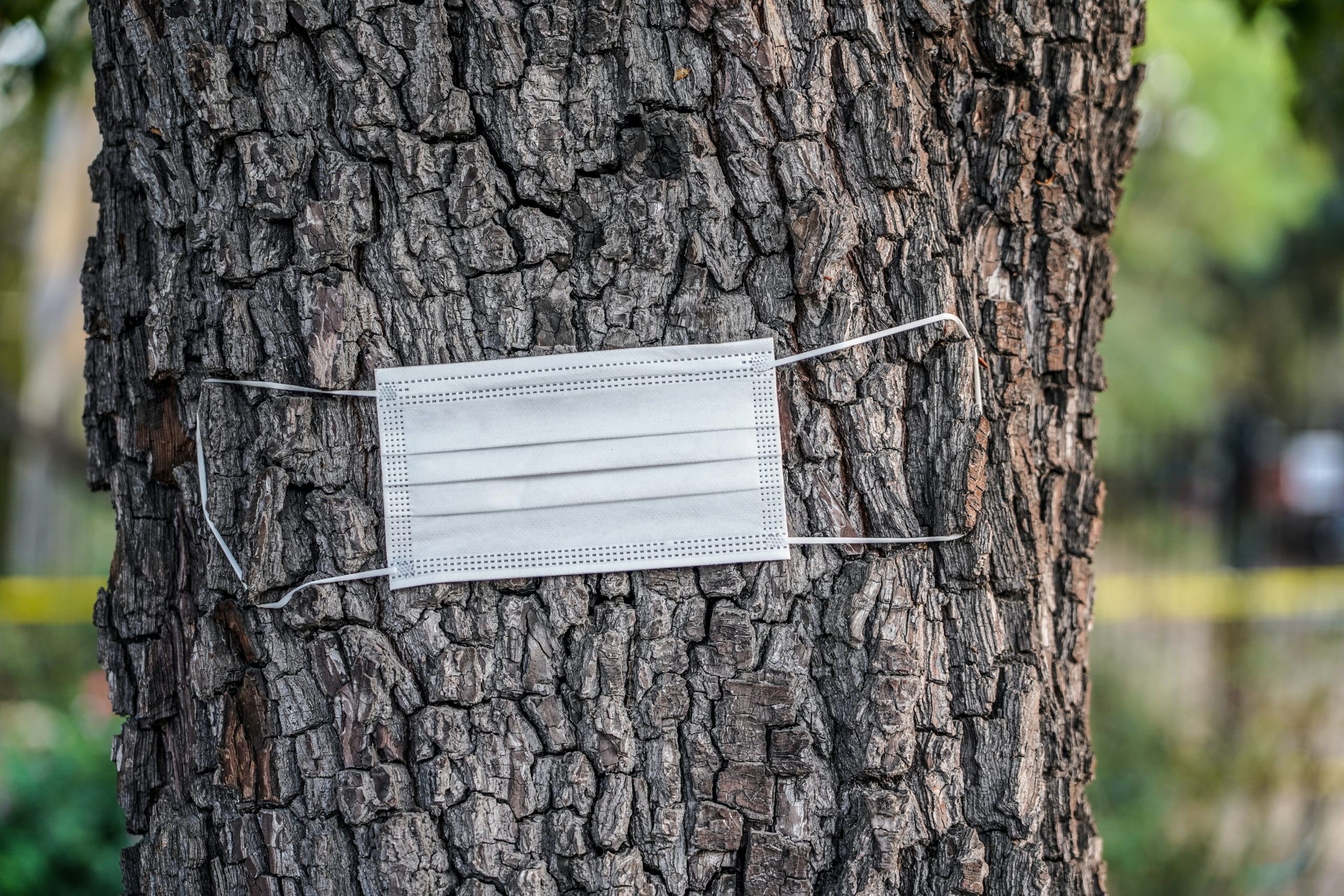Not all energy sources were hit equal, either. The oil industry was down by 9% overall and transport fuel even by 14%. Remember oil prices crashing last year? At the time of writing you pay $80 for a barrel of crude oil, but in April 2020 you could get 4 barrels for the same price. While you can’t just shut off an oil well, such low prices meant that ambitious oil projects, like deep-sea drilling in the Antarctic, were put on hold.








